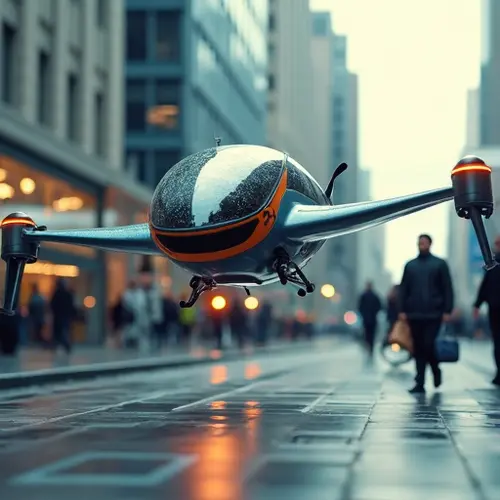
The Future Above Our Cities
Imagine soaring above traffic jams in your personal flying pod. Once science fiction, urban air mobility (UAM) is becoming reality with companies like Archer Aviation and Joby Aviation leading the charge. These electric vertical takeoff and landing (eVTOL) vehicles promise to transform city transportation by 2030.
How Flying Pods Work
These aircraft use multiple electric rotors for lift and propulsion, combining helicopter-like vertical takeoff with airplane efficiency. Joby's prototype reaches 200 mph while remaining "as quiet as a conversation" - crucial for urban acceptance. Most models seat 4 passengers + pilot, with autonomous operation being developed.
Current Progress
In 2025, we've seen major milestones: Joby completed NYC test flights while Archer secured new manufacturing facilities. The FAA has established certification frameworks, with both companies in advanced testing phases. Dubai plans to launch the first commercial air taxi service by 2026.
Challenges Ahead
Key hurdles include battery density limitations, air traffic control systems, and vertiport infrastructure. Safety remains paramount - regulators demand commercial aircraft reliability standards. Public acceptance is growing, though noise concerns persist despite decibel reductions.
The Roadmap to Adoption
Experts predict phased implementation: air taxi services first (2026-2028), followed by premium personal ownership (2030+). Prices might start at $150 per ride before gradually decreasing. Toyota's $500M investment in Joby signals strong industry confidence.

 Nederlands
Nederlands English
English Français
Français Deutsch
Deutsch Español
Español Português
Português








